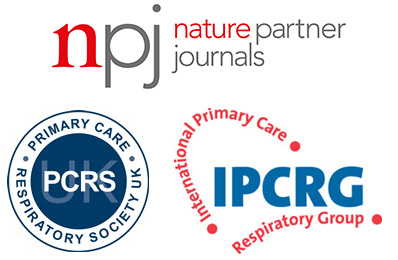
NPJ PRIMARY CARE RESPIRATORY MEDICINE | PERSPECTIVE OPEN npj Primary Care Respiratory Medicine 25, Article number: 15004 (2015) doi:10.1038/npjpcrm.2015.4
Abstract After decades of improvement, asthma outcomes have stalled. Mortality, hospitalisations, exacerbations and symptom control remain sub-optimal. In controlled trials, most patients gain high levels of control, but in ‘real-life’ routine clinical practice most patients do not. Avoidable factors are found in most asthma deaths and hospital admissions. This perspective paper considers and contextualises the factors underlying poor asthma outcomes, and it suggests approaches that could improve the situation. Factors discussed include severe, therapy-resistant disease and the role of new and upcoming pharmacological therapies in improving outcomes. These are likely to be beneficial when targeted on patients with severe disease and discrete phenotypic characteristics, identified through biomarkers. However, for the majority of patients treated in the community, they are unlikely to be used widely, and better use of current therapy classes will be more important. Non-adherence with regular inhaled corticosteroid treatment and over-use of rescue bronchodilators are common, and many patients have poor inhaler technique. Self-management is frequently poor, particularly in those with psychosocial disadvantages and co-morbidities. Communication between clinicians and patients is sometimes poor, with failure to detect avoidable poor control and non-adherence, and failure to provide the necessary information and education to support efficient self-management. Strategies for improving monitoring and clinician–patient interactions to allow personalised treatment are considered. These strategies have the potential to allow individual patient needs to be recognised and efficient targeting of the variety of effective pharmacological and non-pharmacological interventions that we possess, which has the potential to improve both individual and population outcomes.
Article tools
